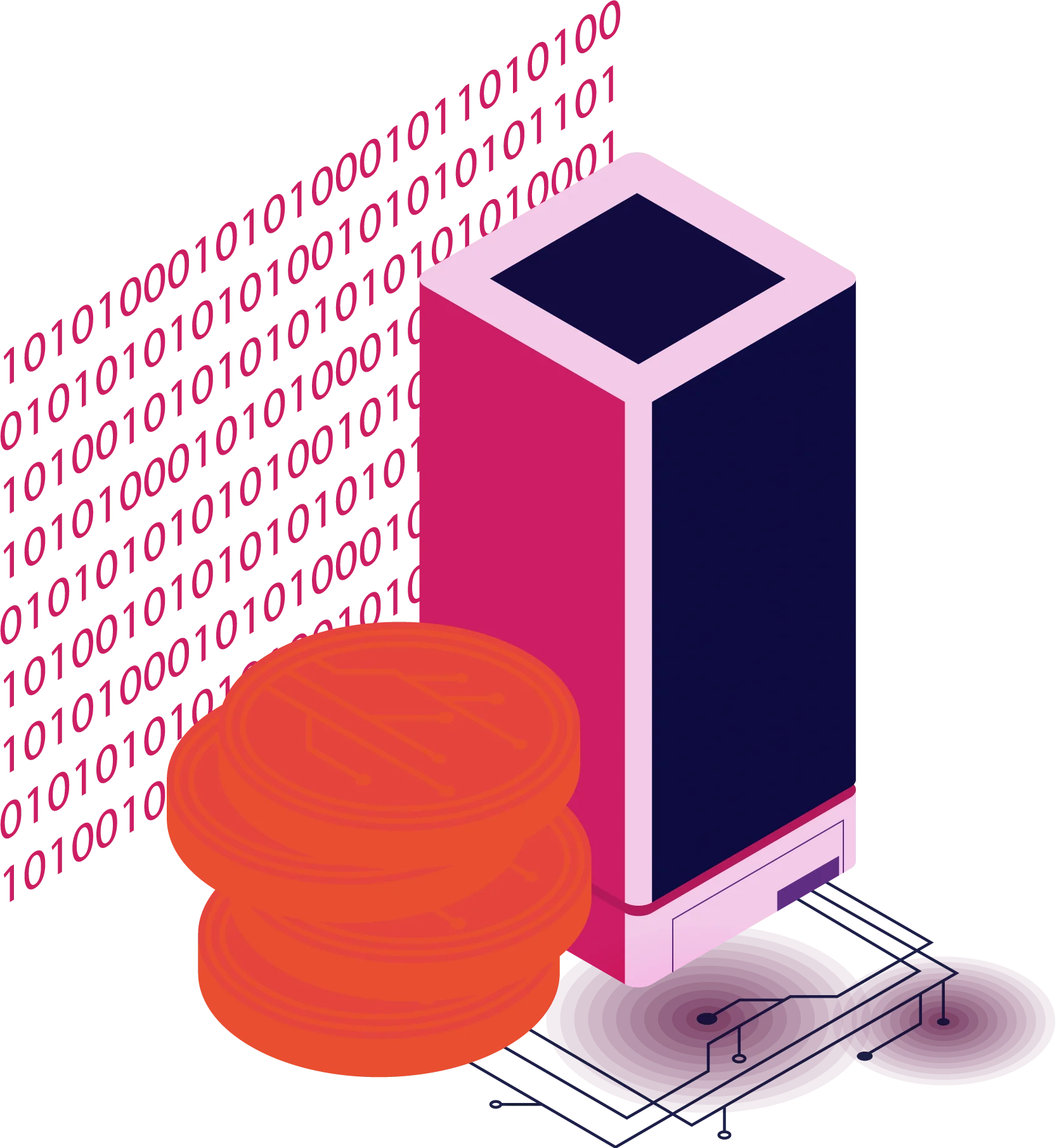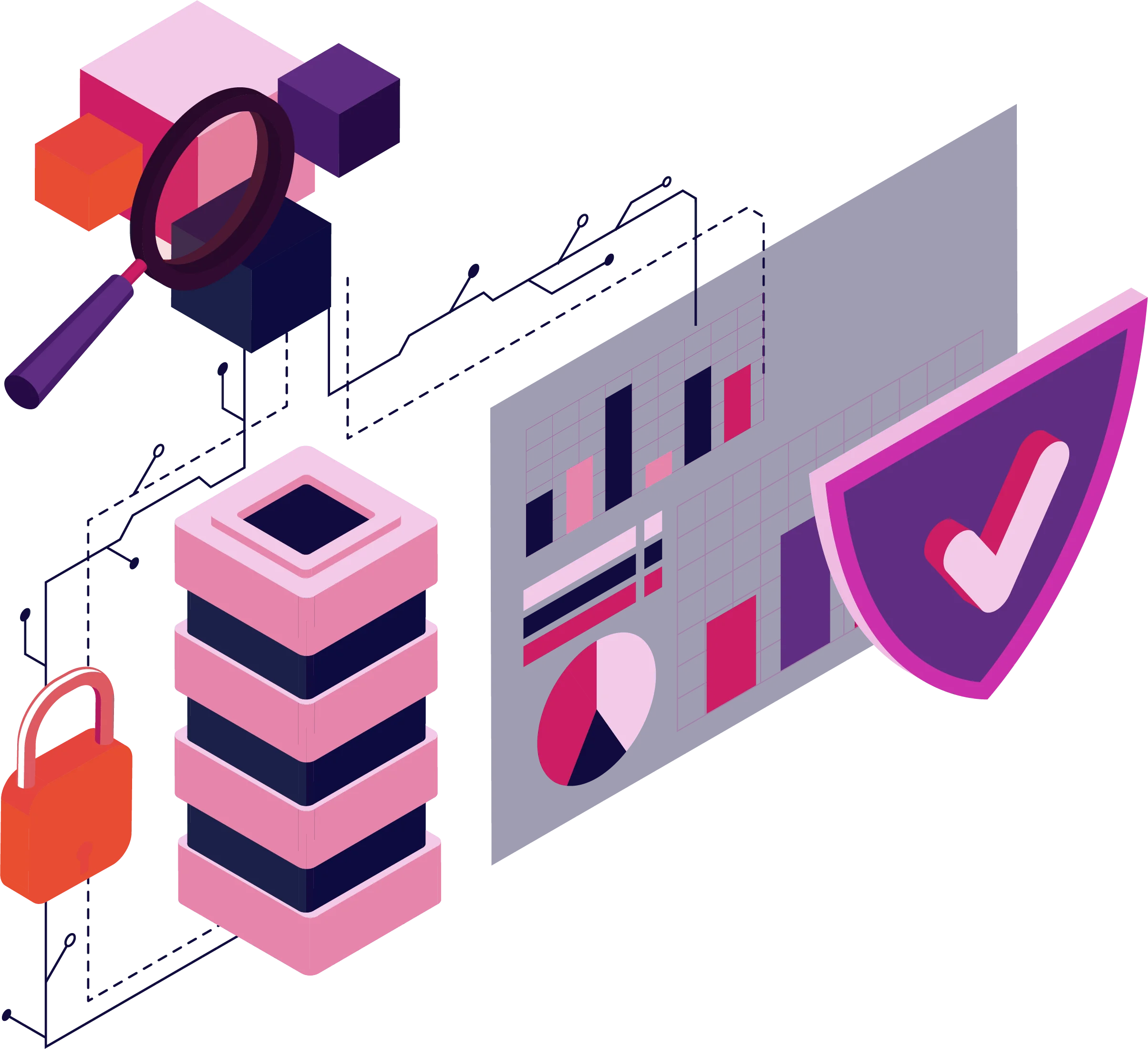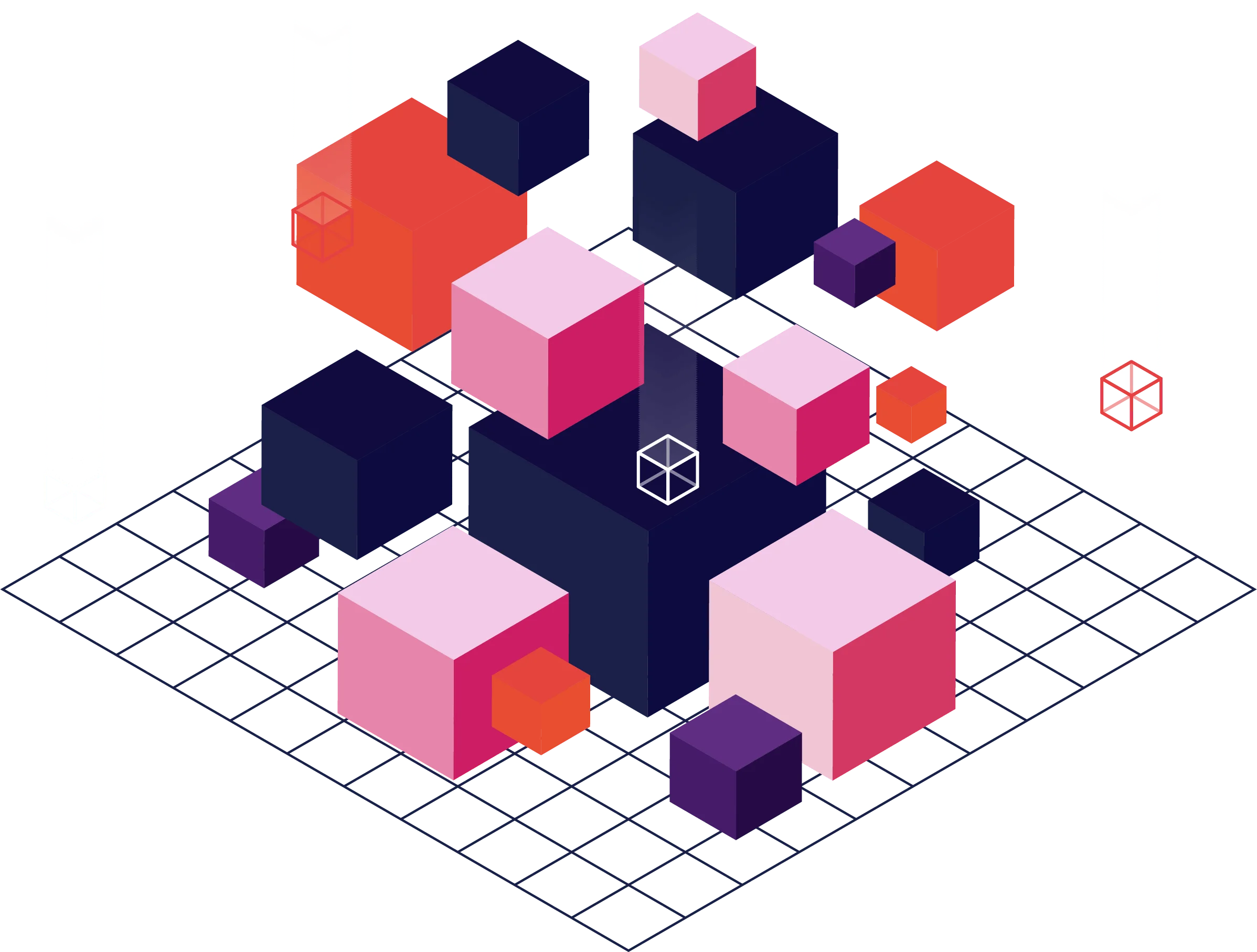





Xode DAO operates as a decentralized autonomous organization anchored by a Panama-based foundation, which serves as its governing entity.
The Constitution of the Panama Foundation will be drafted to provide the legal framework and governance structure.
Letters of Appointment will be prepared to formalize the roles and responsibilities of the two councils—the Treasury Council, responsible for overseeing financial and resource management, and the Technical Committee, tasked with guiding technical development and innovation.

These steps are crucial to ensure a robust and compliant foundation for the DAO’s operations.
Polkadot’s OpenGov is a governance framework designed to enhance the decentralized decision-making process within the XODE Blockchain. It aims to provide a more inclusive, transparent, and efficient way for the community to participate in the governance of the network.
OpenGov is part of Polkadot’s broader vision of decentralized governance, aiming to create a more democratic and responsive ecosystem for its users. For more information about Polkadot’s OpenGov:
https://support.polkadot.network/support/solutions/65000105211
In the first phase, we focus on establishing the foundational governance structure. This includes the creation of collectives and the implementation of a membership system, allowing stakeholders to participate in the governance process. These components will set the groundwork for community-driven decision-making and enable users to engage with the blockchain through a transparent and accessible framework.
The next phase will introduce Governance v1, incorporating key features like democracy-based voting mechanisms, reference management, and conviction voting to enhance decision-making. Preimage support will enable better proposal tracking, while a scheduler system will ensure efficient execution of governance decisions. This phase aims to solidify the governance model, giving stakeholders greater control and the ability to influence protocol upgrades and changes.
As we move towards the future, Xode will adopt Governance v2/OpenGov, a more sophisticated and flexible model for governance. OpenGov will introduce enhanced transparency and a more dynamic structure, allowing for community-driven proposals and decentralized execution of decisions. This phase will incorporate more advanced features, such as DAO-style voting systems, on-chain identity management, and increased modularity, enabling a truly decentralized governance framework.
This roadmap will be updated quarterly to reflect the progress and milestones achieved, with community input shaping the ongoing development of Xode Blockchain Governance.
NOTE: What most teams do is a two-step process – upgrade to a runtime with both sudo and democracy pallets, make sure democracy works, and only then (using the democracy pallet) vote on upgrading a new runtime which doesn’t include sudo.
1. Make the changes(add new pallet) to the current code using this example https://docs.substrate.io/tutorials/build-a-blockchain/upgrade-a-running-network/#add-the-utility-pallet-to-the-runtime
2. Recompile the new runtime to get the WebAssembly build artifacts that are in the target/release/wbuild/node-template-runtime directory.
3. You now have a WebAssembly artifact that describes the modified runtime logic. However, the running node isn’t using the upgraded runtime yet. To complete the upgrade, you need to submit a transaction that updates the node to use the upgraded runtime.
4. To update the network with the upgraded runtime:

If your local node is producing blocks in the terminal that match what is displayed in the browser, you have completed a successful runtime upgrade.
Provider Contact Information: https://www.zeeve.io/
In summary, the creation of the XODE Foundation and Polkadot’s OpenGov framework can make the XODE Blockchain fully decentralized.
The XODE Foundation, established by the creators of XODE, is dedicated to promoting and nurturing decentralized web technologies. Its objectives include providing funding and support for ecosystem projects, conducting research and development, fostering a global community, and advancing education and advocacy in decentralized technologies. Key activities also involve developing governance standards and best practices.

XODE is setting up a DAO through the XODE Foundation with the assistance of Monin Ung from Mung Legal in Hong Kong. This process includes drafting a Constitution for the Panama Foundation, preparing Letters of Appointment for Council Members, and creating a Protector Agreement between the new SPV in the British Virgin Islands and the Panama Foundation. Additional business operations involve consulting agreements, platform terms and conditions, investment agreements, and service agreements with existing technology companies.
Polkadot’s OpenGov framework complements this by enhancing decentralized decision-making within the XODE Blockchain. OpenGov introduces mechanisms for broader stakeholder participation, dynamic referenda, flexible proposals and voting processes, and increased transparency and accountability. This framework aligns with Polkadot’s vision of a democratic and responsive decentralized ecosystem, providing a robust governance model for the XODE Blockchain.